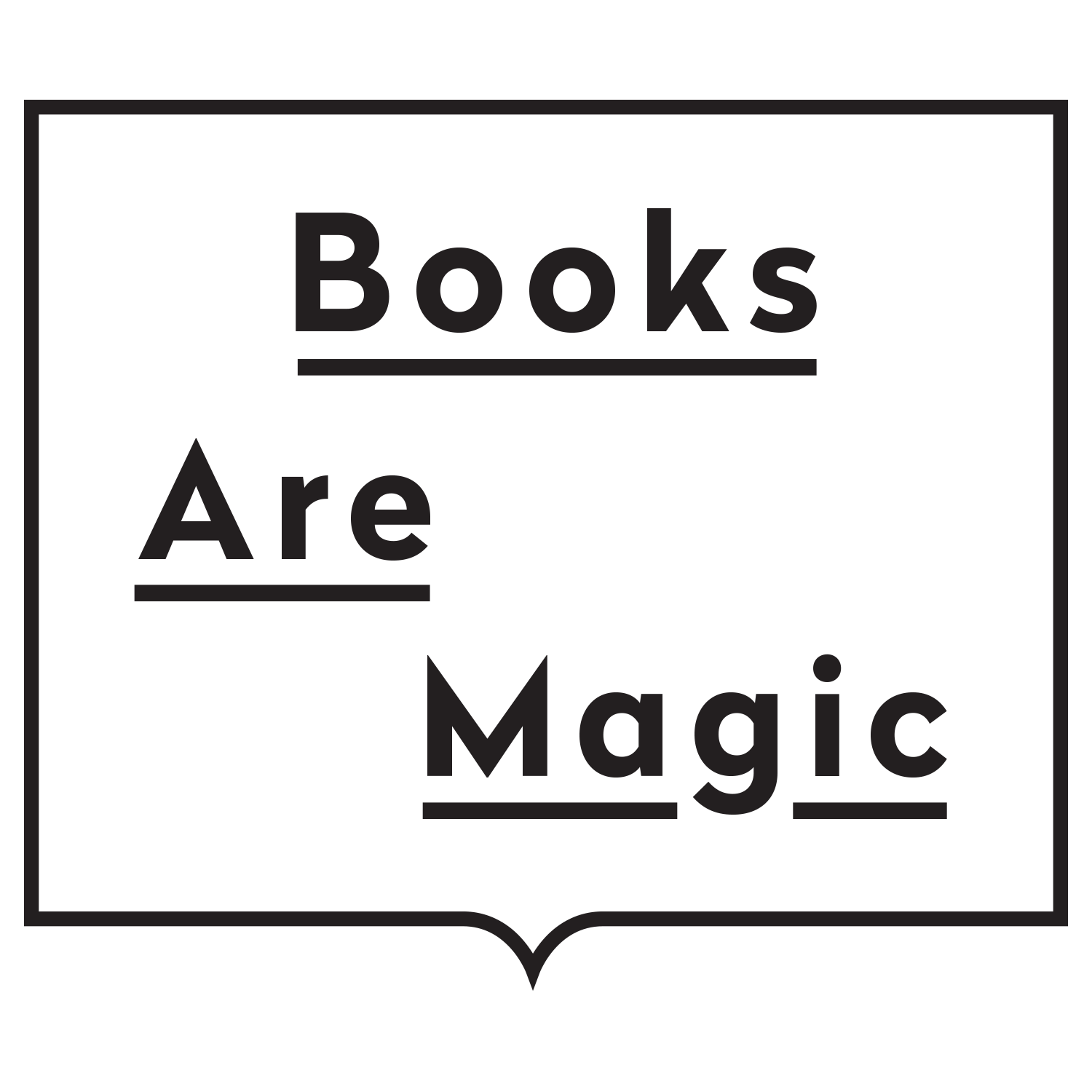Reading Between the Headlines: Nigeria
In the last few weeks, Nigeria has been in the news for protests against police violence after widespread claims of harassment, extortion, and kidnapping by a controversial unit of the police which has since been disbanded. Still, protesters continue to insist on large scale police reform. Though Nigeria doesn’t often make it into the US news cycle, Nigerian writers have long been a mainstay on the American literary scene. Reading Between the Headlines is back with a list our booksellers Nika and Serena put together to give you a closer look at the rich and varied world of Nigerian literature.
written by Nika Jonas and Serena Morales
Travelers by Helon Habila
This gorgeously-crafted novel centers around an unnamed Nigerian narrator who accompanies his American wife to Berlin in a last-ditch effort to give their marriage new legs. Once there, the narrator’s life intersects with those of various other diasporic Africans in Europe and we are absorbed into the rich, deeply-observed stories of: Mark, Manu, Portia, Karim and Juma. What unfolds is an erudite, unforgettable, and profoundly moving examination of displacement, privilege, connection, and loss. Never have I read as nuanced and edifying an inquiry into the “refugee crisis,”—or, to put it more accurately: the crisis of dispossessed and dehumanized migrant people—since Moisin Hamad’s Exit West. A triumph of storytelling.
Freshwater by Akwaeke Emezi
Freshwater was Akwaeke Emezi’s astonishing 2018 debut that follows Ada, a young child who is a constant source of concern for her family. As she grows into adulthood, Emezi masterfully depicts the development of Ada’s multiple selves, effortlessly rooting the novel in Igbo cosmology and spirituality. Emezi invites readers to re-examine the self and consciousness, what it means to hold multiplicity, and mental illness. A haunting and harrowing yet truly beautiful book. Emezi isn’t the only Nigerian novelist writing into their heritage though–Chigozie Obioma’s An Orchestra of Minorities is a modern epic in which one man’s journey becomes a tale of love, tragedy, and fate infused with Igbo mythology and The Famished Road, Ben Okri’s now classic novel, is steeped in Yoruba traditions.
The Half God of Rainfall by Inua Ellams
Part poem, part play, this slim but powerful volume-in-verse weaves both Yoruba and Grecian mythology as it tells the epic story of OluDemi Modúpé, the Half-God of Rainfall. Demi is a gifted child, but when his gifts lead him to the basketball court, he becomes exalted among men but resented among gods, and his mother—who knows all too well what happens when the gods meddle in mortal affairs—fears for his fate. At once ancient and modern, this tale spans from rural Nigeria to Mount Olympus and beyond, exploring themes of male power, violence, and female vengeance. Told with startling lyricism, this book will enrapture both poetry readers and non-poetry readers alike. I read it in one sitting!
The Bright Continent by Dayo Olopade
Okay, this is cheating a bit because this book isn’t strictly about Nigeria, but it’s an essential read for anyone just diving into Nigerian–or African–society, historical or contemporary. In The Bright Continent, Nigerian-American journalist Dayo Olopade provides a sharp and necessary corrective to the patronizing stereotypes that underpin everything from aid work and policy to Africa in the popular imagination and academia. Olopade simultaneously reveals the creativity and innovation of various societies and economies across the continent and the shortcomings of government. After you read it, consider reading The Chibok Girls, Helon Habila’s powerful account of Boko Haram's 2014 kidnapping of 276 schoolgirls and its devastating aftermath.
My Sister, the Serial Killer by Oyinkan Braithwaite
Most people have probably heard of this dark, hilarious novel by now, but it’s worth plugging again: if you haven’t read My Sister, the Serial Killer now is the time. Narrated by Korede, the book centers on her relationship with her sister Ayoola who is the favored child and also the titular serial killer. Where Ayoola kills, Korede cleans up. Oyinkan Braithwaite is brilliant on sibling dynamics, drawing out all the love, viciousness, and frustration of family ties in this pulpy delight of a noir thriller. Like all the best comic writing, Braithwaite’s humor belies more serious criticisms of patriarchy and corruption in Lagos, the vibrant and fast-paced city where the novel is set. If you’re looking for something similar, you may also like I Do Not Come to You by Chance, Adaobi Tricia Nwaubani’s entertaining and moving debut that turns the stereotype of Nigerian email scams on its head.
Whether you’re interested in reading lesser-known classics, like Cyprian Ekwensi’s vibrant People of the City, more diasporic voices such as Teju Cole’s Open City, or the latest debuts, like Tola Rotimi Abraham’s intimate and searing Black Sunday and Francesca Ekwuyasi’s luminous intergenerational saga of choice, consequence, and love Butter Honey Pig Bread, Nigeria’s vibrant and wide-ranging literary landscape holds a wealth of possibilities. Good non-academic histories of Nigeria are hard to come by, but Wole Soyinka’s memoir Aké, which tells the story of the Nobel-prize winner’s childhood before and during World War II, is a great place to start.












